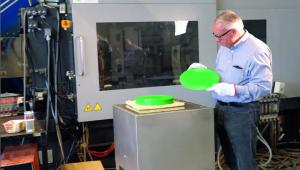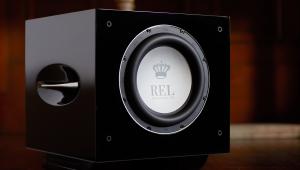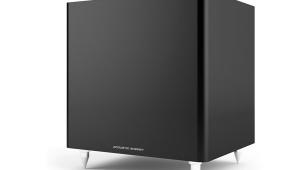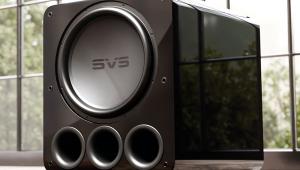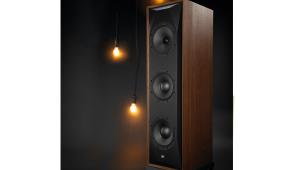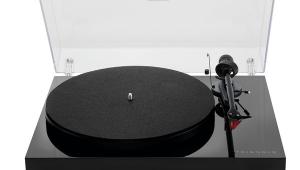Brexit makes its mark
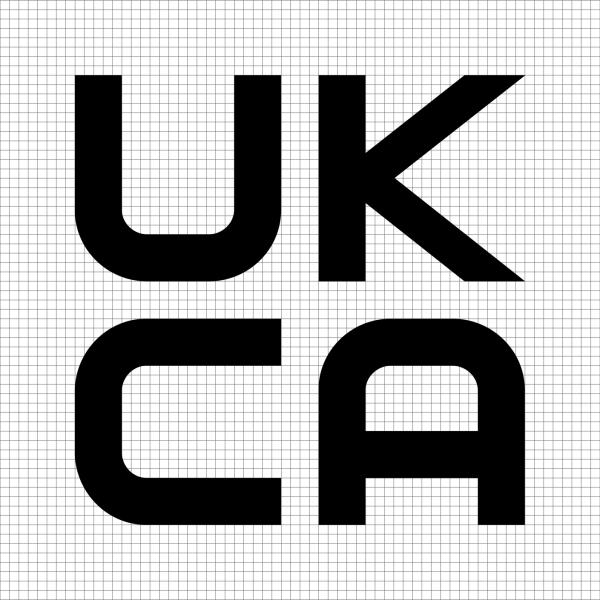
Whatever your personal position on Brexit, one thing that’s worrying the UK’s audio industry is the Government’s recent unveiling of a new safety certification proposal that could come into force following a no-deal exit from the European Union later this month. As the current 29 March deadline draws ever closer, a new document from the Department for Business, Energy & Industrial Strategy emerged at the beginning of February to prepare businesses for the possibility of leaving without a deal, stating that – subject to Parliamentary approval – certain goods to be sold in the UK could be required to comply with a new UKCA (UK Conformity Assessed) safety marking.
In the event of no-deal, goods on the UK market that have been made and assessed against EU regulatory requirements and CE marked will still be eligible for sale in Britain, although guidelines state this will “be for a time-limited period” during which it will consult with the industry and provide notice before moving to a new standard.
The CE mark introduced in 1993 belongs to the EU and is a mandatory certification stamp that indicates conformity with health, safety and environmental protection standards for products sold within the European Economic Area. The letters CE are the abbreviation
of the French phrase Conformité Européene, which it probably won’t surprise you to learn means European Conformity. Most relevant to HFC readers, it’s applied to all audio components – but also to phones and other electrical household items including TVs, white goods and kettles etc., as well as light bulbs and toys – to reassure consumers that a product meets EU legal requirements and has been safety tested so that it can be traded on the single market. If a new standard is to be created, companies will not only have to meet the requirements, but also need to update their packaging, advertising and any element where the safety mark is required for UK sale on the products themselves.
At a time when the UK manufacturing industry is already struggling with rising costs and financial uncertainty, implementing a new standard appears to be an additional cost that will be hard to bear and has many concerned about how they will go about meeting the new regulations.
According to the BBC, it is important to note that the UKCA certification is unlikely to replace the CE marking for the purposes of products sold on the EU market. Goods made in the UK and exported to the European Union may be required to be stamped with both CE for EU markets and UKCA for Great Britain and Northern Ireland. For most products, the CE marking regulations allow the testing to be done by the manufacturer itself, but for others there is a legal responsibility for it to be assessed by a third party to ensure it meets requirements, which could make certification more complicated for goods to be sold in the EU.
Costs could potentially spiral into millions of pounds for UK industries as products assessed by a UK-based notified body will additionally need to be reassessed by an EU-recognised assessment body before entering the EU market. Understandably, industry insiders are up in arms at the proposed safety certification, suggesting that the Government’s decision makers are out of touch with UK manufacturing and the trading complexities it already faces. It is hoped that common sense will prevail, as the UK should surely just accept compliance marking that meets with existing CE requirements, keeping costs and disruption to an absolute minimum.
Leaving its mark
The preparations in this area regarding the threat of a no -deal is one area that demonstrates just how closely Britain has worked with the EU on safety regulations and standards up to now. In leaving the EU without a deal in place, the UK will no longer be part of the same safeguards for these products, yet if a trade deal is struck it is hoped that the current regulations will remain in place until at least the end of 2020. Brexiteers campaigned on a platform of less red tape and significant cost savings for Britain. Instead, UK manufacturers and exporters are facing a potential challenge in product changes and spiralling red tape if EU and UK safety regulations start to go their own ways.
The opinions expressed in this article are those of the author. They do not necessarily reflect the attitudes or opinions of Hi-Fi Choice or AVTech Media Ltd. Picture Credit: Adobe Stock
CURRENT ISSUE
 |
Inside this month's issue:
Ruark R610 music system and Sabre-R standmount speakers, PMC twenty.23i Active, floorstanders, English Acoustics Downton preamplifier, Bluesound NODE ICON preamp/streamer, Ortofon Concorde Music Blue MM cartridge and much, much more
|



